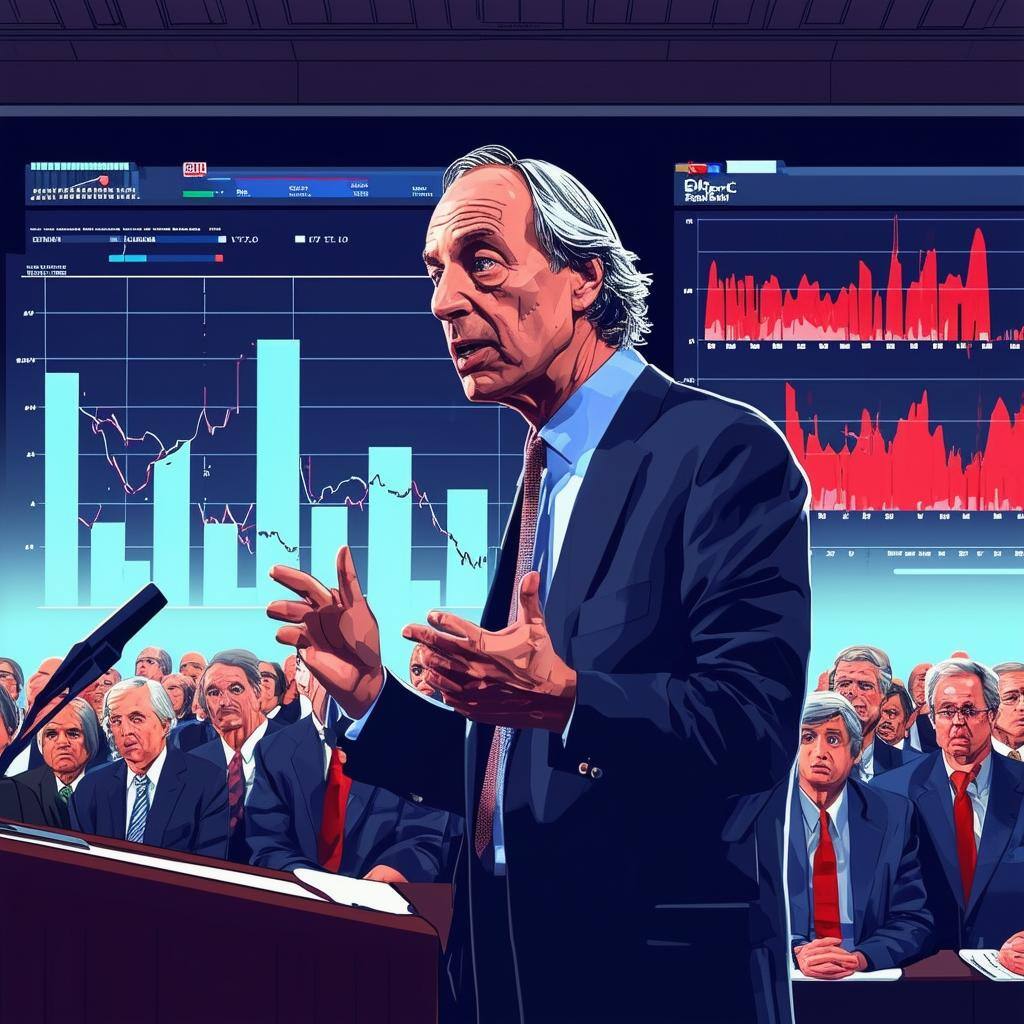CBS: Higher government spending could hamper growth over the next 30 years, the CBO said Thursday

The U.S. economy could face slower economic growth over the next three decades due to weak population gains and increased government spending, the nonpartisan Congressional Budget Office said Thursday.
The CBO's latest long-term budget and economic outlook report, which covers a timeframe that spans 2025 to 2055, projects publicly held debt to reach 156% of gross domestic product, or GDP, in 2055. That's down from the agency's March 2024 long-term budget projection, which said publicly held debt would be equal to a record 166% of American economic activity by 2054.
But that's not necessarily a positive.
The mix of slower population growth and unfettered spending will also lead to weaker economic growth over the next three decades than what the CBO projected last year. Lower birthrates also mean that the United States is becoming more dependent on immigrants working to sustain growth.
"Without immigration, the U.S. population would begin to shrink in 2033," the CBO report states.
The report assumes that all the laws set to expire, including certain provisions of Trump's 2017 tax cuts, will do so. But the White House and Republican lawmakers are seeking to renew those tax cuts as well as add new reductions, such as eliminating taxes on overtime, which the Tax Foundation estimates could cost $4.5 trillion over the next decade.
"As bad as this outlook is, it represents an 'optimistic' scenario, because policymakers are currently considering adding trillions more in tax cut extensions, which would only add to these levels of debt," said Michael A. Peterson, CEO of the economic think tank Peter G. Peterson Foundation, in a statement.
Extending the tax cuts could double the deficit and push debt to 214% of GDP, he added. "And if interest costs are one percentage point higher than expected, debt would balloon to 250% of GDP, showing just how sensitive our fiscal health is to the unpredictable interest rate landscape," Peterson said.
3-3-3 plan
Still, the report's warnings and its projections for the future also set the stage for the challenges on the debt, government spending and economic growth that Treasury Secretary Scott Bessent insists the Trump administration can fix.
Bessent has advocated for a "3-3-3" plan, which involves getting the federal budget deficit down to 3% of GDP, boosting inflation-adjusted annual GDP growth to 3% and producing the equivalent of an additional 3 million barrels of oil per day by 2028.
The Treasury secretary has sought to discredit CBO scoring, calling it "crazy."
"I was in the investment business for 35 years, I thought I understood how crazy CBO scoring is," Bessent told CNBC earlier this month. "And now that I'm on the other side of the wall, I can tell you it's really crazy. And very unlikely that we are going to get any credit in the CBO scoring for tariffs."
However, CBO warnings about population growth cut into Trump administration policy priorities related to mass deportations, as officials claim that immigrants are fueling high inflation by worsening the housing shortage and depriving U.S. citizens of job opportunities.
Slower population growth
A decreasing population could have profound negative effects on the economy, as growth depends on adding workers as well as increasing their productivity. Falling population levels could cause a stagnation in living standards and create difficulties in paying down debts as well as funding programs such as Social Security, which is dependent on payroll taxes.
The report also comes as the U.S. is on track to hit its statutory debt ceiling — the so-called X-date when the country runs short of money to pay its bills — as early as August without a deal between Congress and the White House.
The CBO and the Bipartisan Policy Center this week detailed projections for the U.S. to hit its statutory debt ceiling sometime this summer — as soon as July or August, respectively.
%20(2).png?width=2000&height=909&name=1%20(11%20x%204%20in)%20(2).png)


